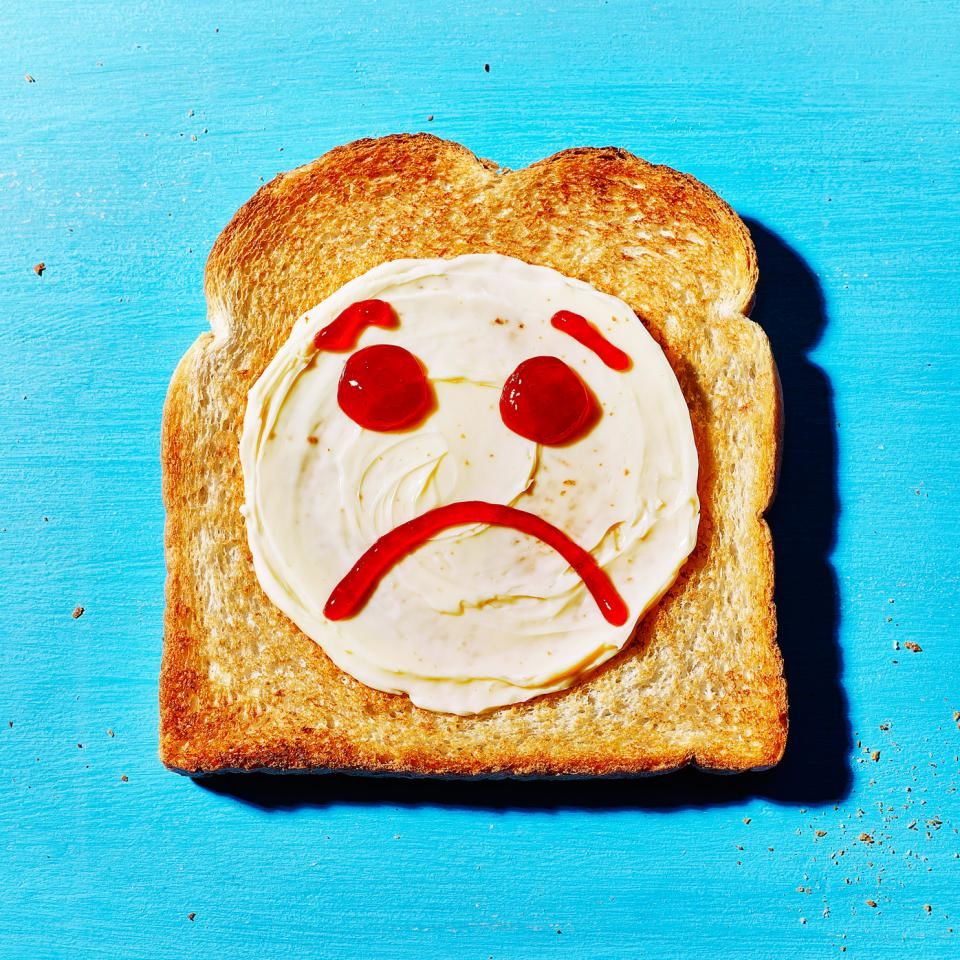Health
The new health rules
by Helen Foster

Is it OK to skip breakfast, do crash diets work - and how much exercise do we really need? Helen Foster debunks the myths.
Every day, scientific research claims to offer new insights into our health and wellbeing. So how do you know what to heed, and what to ignore? As nutritionist Yvonne Weston- Bishop says, ‘A lot of new ideas are just old ones with bigger spin, and that doesn’t make them right.’ Every so often, however, a study turns an old health rule on its head. For example, it was always assumed coffee dehydrates your body – but when researchers measured its impact, they found the reverse was true. And the 10,000 steps a day rule? That came from the translation for the Japanese word for pedometer. But 10,000 stuck, and was adopted as medical fact. It’s only as scientists examine these ideas that they find out what really works – so what health rules should we really be following?
Five is good - but seven is better
Researchers at University College London studied the health records of 65,000 people after their deaths and discovered that people eating at least seven portions of fruit and vegetables daily were 42% less likely to die of any cause by the end of the research period. For an even bigger health boost, add some raw food, say scientists at Canada’s McMaster University, who examined both how many fruit and vegetables people ate, and how they served it. In terms of nutrients, raw was best (though tomatoes and carrots release more of their antioxidant power when cooked).
Skipping breakfast may actually improve health
Not only have at least two studies – one by the University of Bath, and another by Canadian researchers – shown that skipping breakfast has no negative impact on weight, but leaving a long gap between your last meal one day and your first the next might even improve your health. A recent study by the University of California has linked fasting for 16 hours overnight to better blood- sugar control and a lower risk of breast cancer recurrence. ‘Intermittent fasting speeds up cell repair and regeneration and has been linked with improved immunity and slower ageing,’ says fasting expert and genetic nutritionist Kate Llewellyn-Waters. It’s not for everyone, though – if you do find yourself gorging on sugary snacks at 11am because you’re hungry, it’s better to eat a nutrient-packed breakfast.

Coffee boosts your health and could increase your life span
Latte lovers rejoice – a recent study by a team of US doctors from the University of Southern California suggested that people drinking one cup of coffee a day were 12% less likely to die from cancer, stroke, heart disease, kidney disease, respiratory disease and diabetes than non-drinkers. ‘The tide has turned on coffee, due to the vast amount of evidence that shows the health benefits you get from the high antioxidant content,’ explains dietitian Dr Sarah Schenker. Stick below the limit of five cups a day and you’ll reap the benefits.

Crash diets do work
‘All the evidence now suggests that, when done properly, rapid weight loss is more likely to be successful than slow, and that the biggest factor in determining how much weight someone loses overall is how much they lose in the first two weeks,’ says Dr Michael Mosley, who advocates an eight-week 800-calorie-a-day diet in his recent book The 8-Week Blood Sugar Diet (Short Books). ‘Slow weight loss is torturous, so people usually give up.’ In fact, a recent study of 200 dieters in Australia found that fewer than half of those following a 36-week steady weight-loss plan reached the end, compared to more than 80% of those eating 800 calories a day for just 12 weeks. Both groups did, however, regain some weight, which proves no diet works if you don’t change your habits for good.

High intensity interval training (HIIT) gets results faster
HIIT is the latest buzzword in exercise, and numerous studies around the world have shown that a HIIT workout will improve fitness in a fraction of the time it would take someone moving at a slow, steady pace. One recent study published in the European Journal of Applied Physiology found that people who committed to just three 10-minute sessions of HIIT exercise a week increased their fitness by 12% in six weeks. High intensity interval training simply means alternating bursts of rapid exercise with slower recovery sessions – for example, three sets of 20 seconds with two-minute recovery between them. HIIT workouts may sound easy, but you’ll only reap the benefits if you work hard. ‘In our studies, participants were told to run as fast as you would to rescue your child from immediate harm,’ says Dr Martin Gibala, author of The One Minute Workout (Vermilion). Check with your doctor before you start any high intensity exercise program.
It's what you eat rather than how much you move that gets the pounds off
It’s amazing for your health, it’s essential for goal-weight maintenance – but exercise takes second place to diet when it comes to losing weight. A recent study from City University, New York, found that the more exercise people did, the fewer calories they burned as their bodies became accustomed to moving. Then there’s the fact that working out can also substantially increase your appetite. ‘The fact is you can’t out-train a bad diet – to lose weight you need to change what you eat,’ agrees personal trainer Max Lowery, author of The 2 Meal Day (Kyle Books). And considering you’d need to run for about 26 minutes to burn off the calories in a small chocolate bar, it’s easy to see why diet comes first.

15,000 fast steps are better
According to a recent study of Scottish postal workers published in the International Journal of Obesity, 15,000 – not 10,000 – steps a day is the magic number for optimum health. Postal workers who reached the 15,000 milestone had no signs of high blood pressure, excess tummy fat, high cholesterol and other markers of ill health. However, for even better results, speed up, too – people who walk at 3mph or more (about 100 steps a minute) live longer than those who walk slowly. ‘Any movement is better than no movement, but intensity of walking is a key element we need to promote,’ says exercise scientist Professor Robert Copeland at Sheffield Hallam University. To check you’re hitting the mark, download the Active 10 app, which measures speed and encourages you to add 10-minute bursts of rapid walking to your day.
A wakeful night could simply mean you're in tune with your natural circadian rhythms
Traditional sleep theory will tell you broken sleep is bad for you, but according to evolutionary biologists, waking up at night was normal for our ancestors. They’d drop off for a few hours, wake up for a bit, then sleep for another long stretch. Knowing this can reduce a lot of the anxiety around insomnia, which is vital – experts believe many cases of sleeplessness are caused by the anxiety of waking up at night, which switches on a stress response in the body making it harder to drop back off. ‘When we pull fear out of the process of sleep and genuinely embrace wakefulness at night as not being a terrible problem, it changes everything,’ says Dr W Chris Winter, author of The Sleep Solution (Scribe). ‘If you wake up at night, don’t panic – appreciate that resting in bed is also restorative,’ says Dr Winter.












